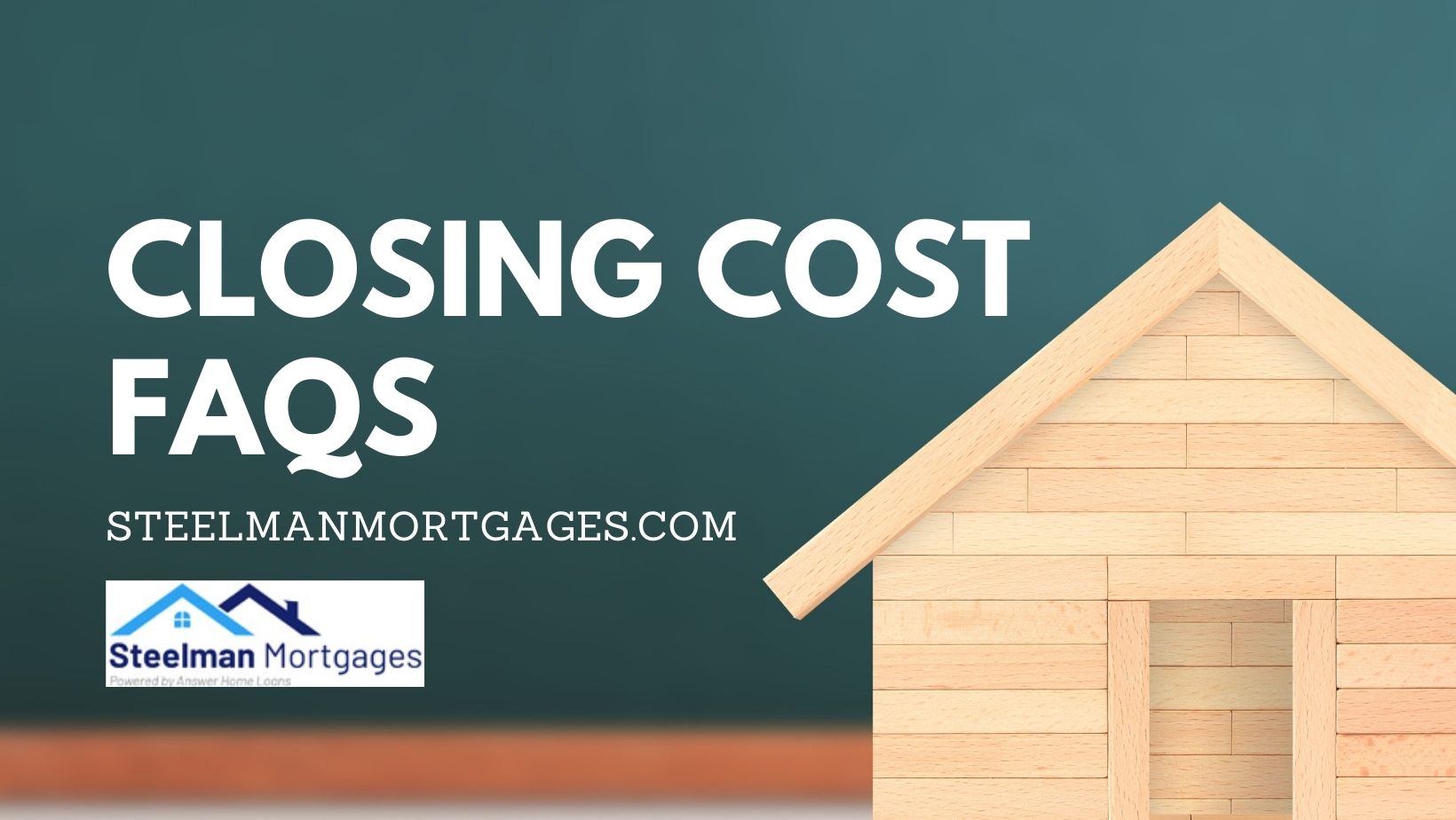Are you wondering if you are ready to buy your first home? As one of the most significant financial decisions you will make, it’s normal to have some questions, or even feel nervous about working towards your first home purchase.
Other than talking to a loan officer about pre-approval, which we 100% recommend, there are a few things you can look at to decide if you are ready to buy a house. Keep reading to 7 signs that you are ready for homeownership.
1. You’re out of debt
While you do not have to be completely out of debt to buy a home, the less debt you have the better your mortgage terms (and stress levels) will be. Mortgage lenders look at your debt-to-income (DTI) ratio when approving your loan. This is found by looking at the sum of your debt payments each month in relation to your monthly income.
Even if you can get pre-approval with your existing amount of debt, the less debt you have, the more monthly income you can put towards savings, travel, and furnishing your new home. Before taking on the debt of a mortgage, make sure you are ready to handle it without stretching yourself too thin.
2. You have a strong credit score
One of the major metrics your mortgage lender will consider when determine your pre-approval status is your credit score. In general, credit scores under 579 are poor, 580-669 are fair, 670-739 are good, 740-799 are very good, and 800-850 are excellent.
A lender will consider you as an application based on which category your credit score falls under, so it makes sense to find out what your score is and how close you are to bumping it up to the next tier. For example, if you have a score of 720, it’s worth the time and effort required to bump that score up over 740 in order to be considered someone with “excellent” credit. In general, a credit score over 700 is likely to secure you a good interest rate, but anything in the “very good” or “excellent” category is a good enough credit score for the best mortgage terms your lender has to offer.
3. You have a steady job
In order to qualify for a mortgage, your lender will want to see steady employment history and a job with a promising future. If you have worked at your job for at least two years and it is a stable position with potential for steady growth, you are in a great position to apply for a mortgage.
4. Savings and emergency fund are ready
Remember that once you become a homeowner, you are responsible for what you currently rely on a landlord to cover. Having a good cushion from your savings and emergency fund will allow you to breathe easy, knowing that when the inevitable costs of homeownership come up, you are ready.
Some of the costs you should be prepared for are:
- Seasonal maintenance
- Lawn care
- Emergency home repairs
- Renovation and furnishing
- Landscaping
- Replacing or repairing appliances
5. Future goals are aligned with homeownership
Before buying a home, consider (and talk with your partner) about your goals for the future. Does owning a home suit your plans for the future? Make sure you aren’t planning to do something in the near future that will make it difficult to afford your mortgage, like starting a small business or going back to school.
Related: With Rising Interest Rates, Do Buyers Have a Chance? – The Living Well Team
6. You know what you can afford
One of the most important things to do before buying your first home is figuring out what you want, and what you can afford. If you haven’t been living by a budget and paying attention to your spending, start doing that now. Find out how much money you can really afford to spend on a home each month, and find out how much you would be approved to borrow.
7. You have a down payment ready
With many loan options available for first time home buyers, you won’t need to save up for a 20% down payment. However, you will probably need about 3% for a down payment and 2%-5% for closing costs. Make sure you are prepared with down payment fund that is separate from your emergency savings.
If you’re ready to buy your first home, or want to talk with someone about when is the right time to buy your first home, contact us any time!
IF you enjoyed this post, these might be helpful as well:
5 Common Mortgage Mistakes to Avoid
The Most Important Steps Toward Buying Your First Home
Steps to Determining Your Mortgage Budget
5 Benefits of Buying a House with Good Credit
What’s the Difference Between Pre-Approval and Pre-Qualification?
10 Days to Know About a VA Loan
How to Sell a House to a Friend




